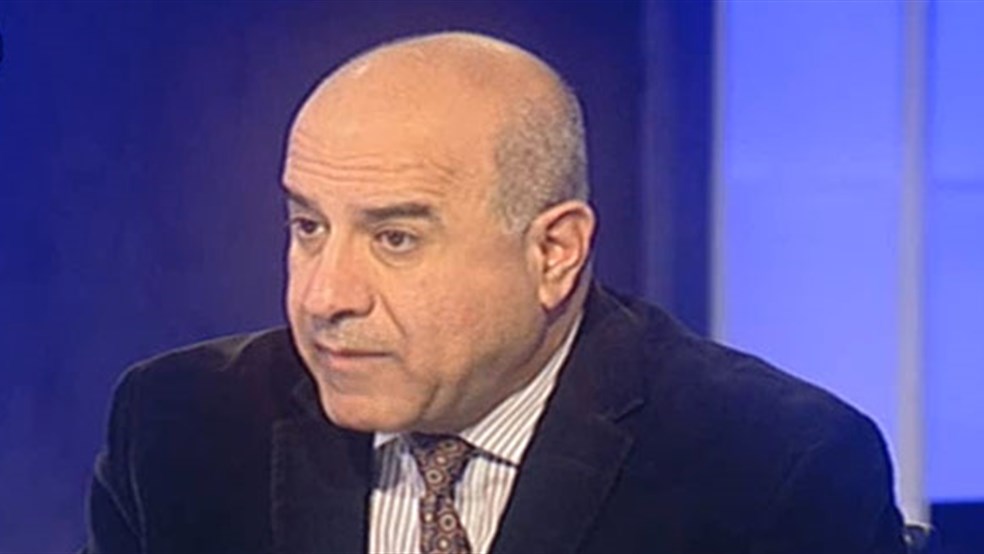Iran, the Islamic mystification,Terrorism and the Decaying Dictatorship
Charles Elias Chartouni/July 26/2021
شارل الياس شرتوني/ إيران: التضليل الإسلامي والإرهاب والديكتاتورية المتحللة
“ If Hitler invaded Hell I would make at least a favourable reference
to the Devil in the House of Commons” (Winston Churchill)
“ Raisi, you are not the President, you are the killer of our children”
Mothers of the youths executed by Ibrahim Raisi
The whole plot of the Iranian Islamic narrative is plummeting, and the regime ends up cumulating its equivocations while pursuing purportedly a normalization strategy at the international level. The dysfunctional governance(Electricity and oil shortages, water and medicine shortages, the dismal records of anti-Covid vaccinations 2/100, ethno-regional segregation-the case of Khouzistan…), the bloody political repression highlighted by the election of a henchman for President, as a prelude to his succession to the jurisconsult Khamenei, and the perpetuation of a well seated tradition of political terror, are quite ominous. The denouncing statement of political dissident Masih Alinejad highlights the state of growing estrangement towards Islamic Totalitarianism and State terrorism, the intertwining coordinates of the Iranian regime. While negotiating with the US the new nuclear deal, the Iranian regime was preparing the kidnapping of Masih Alinejad, from New York City, in league with the Venezuelan regime, and persists in its denial insofar as the execution of the carefully planned operation.
Cynicism, mendacity and duplicity of this dictatorship are systemic features which define the very nature of this regime, and the scope of its internal governance and international relationships. The foiled kidnapping, the ongoing repression, and the deteriorating life conditions inside Iran are heavily impacting the international negotiations and questioning their relevance. The framing of the negotiation process cannot overlook the inconsistencies of the Iranian posturing inside and outside the country, and the heightened influence of the extremist aisles of the regime (the election of the mass murderer cleric, the resumption of the terror campaign, the pursuit of regional expansionism and militarization of security issues). It’s a typical scenario of paradoxical communication, whereby the conflicting signals are self defeating and convey the deliberate prevarication of an imperial dictatorship biding for time. Masih Alinejad and Iranian dissidents, by and large, were right pointing out repeatedly the need to deal with this regime on the basis of an integrated political agenda, which combines strategic and Human Rights issues and sets aside the disjunction schemes.
The cautionary tale of WWII and its aftermath should serve as a guide when dealing with Totalitarianism: Drawing on the communist technology of power, The Islamic revolution in Iran elicits the same reservation when it comes to dealing with it: “Trying to maintain good relations with a Communist is like wooing a crocodile. You don’t know whether to tickle it under the chin or beat it over the head. When it opens its mouth, you cannot tell whether it is trying to smile or preparing to eat you up”*, Totalitarian regimes are to be annihilated without soul searching.
*Winston Churchill























